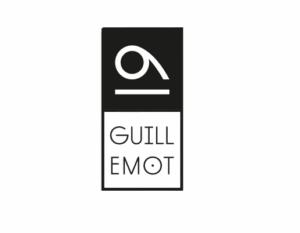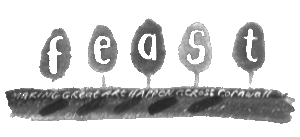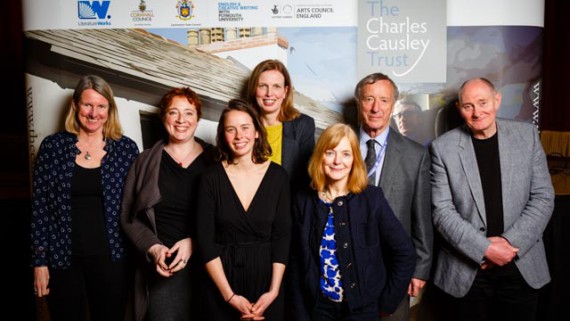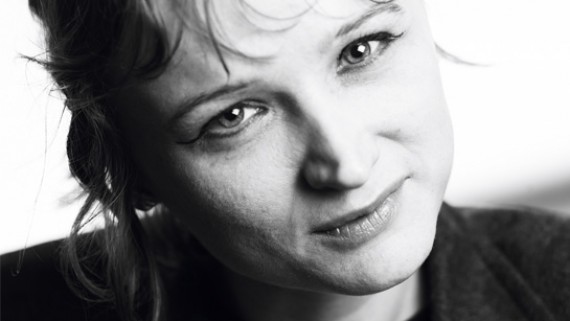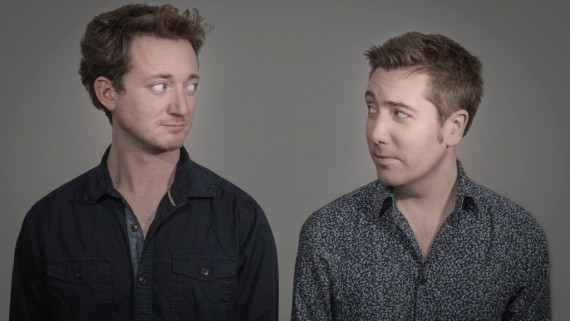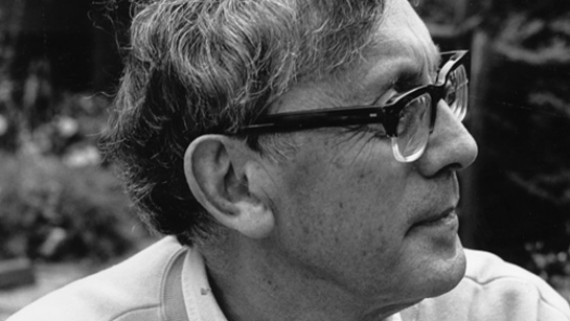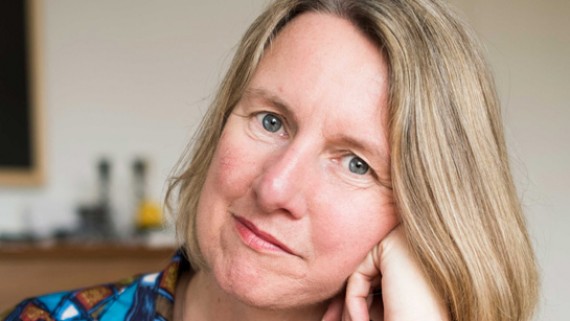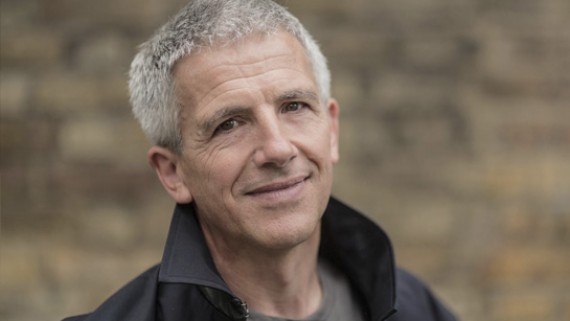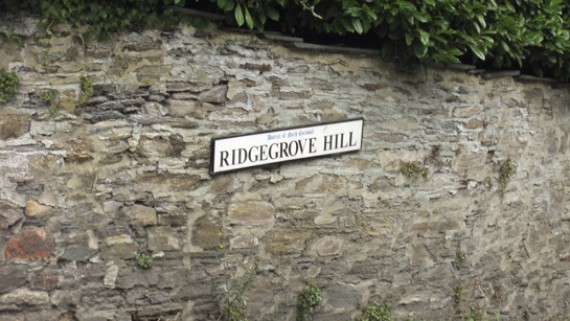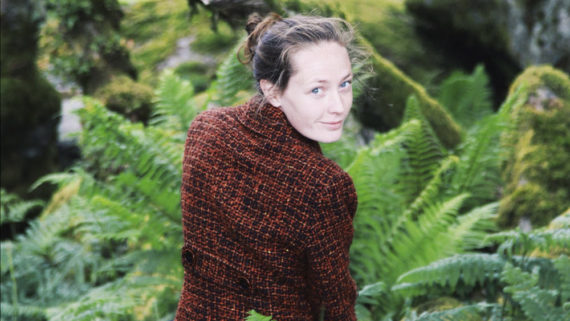Ahead of his North Cornwall Book Festival (NCBF) author tour on the 14th of August, Seán Hewitt gives us an insight into the inspiration for his latest prose memoir, his writing process and what he is most looking forward to for his visit to Launceston.
All Down Darkness Wide is a formal departure for you, can you tell us why you chose to write a prose memoir? What about the form intrigued you?
The book had many inceptions, all of which eventually merged into this prose memoir, autofiction, history blend that is All Down Darkness Wide. To begin with, I was writing it just as a mode of figuring out my life: writing down memories and experiences to make sense of them, as a private exercise. Other aspects of the book were originally going to be a novel, and others a cultural history. Eventually, I realised they were all aspects of a bigger project, something that might move between fiction and non-fiction, between history, literature and the present day; and that, in order to figure out the aspects of the private memoir, I had to look further back in time.
The question of ‘how did I come to be this person’, I realised, started way before I was born. How could I answer that question without looking into history, into how aspects of my life might have been determined before I even arrived in the world? And, against that, how might I explore the personal in relation to these bigger, more abstract, more constricting histories? So, I began tracing the impacts of history and culture against the personal life, expanding beyond it to make sense of all of these hidden, unspoken influences that form an identity and a personality.
The prose form is a big shift from poetry, in that it requires you to give a lot more away, and also requires a macrostructure that took a great deal of thought. But it was a challenge in the best sense of the word: I think it opened up all sorts of possibilities in my mind for what I, as a writer, might be able to do.
Your book has been described as having a darkly beautiful quality, did you at points feel vulnerable in sharing the dark in your own history?
Yes. I still feel utterly terrified of the book. There have been many moments over the past year where I have wanted to sabotage it. The main anxiety has been that, in sharing vulnerable parts of my own history, I have had to reckon with the fact that my history is intermeshed at every step with the histories of others. It is almost impossible to just expose oneself: that just isn’t how human relationships work. Often, difficult experiences are shared, or involve multiple people, and that’s been a very difficult thing to navigate, and one that’s taken a lot of personal work and difficult conversations. But, in fact, a great deal of the book is about that very subject: the ways in which we go through things together, in which trauma can pass not only from person to person, but across time. Generosity, love, permission and empathy had to be central to that process.
A lot of the book was written when I was still experiencing the after-effects of trauma, and therapy has helped me to get a sense of how some of the events described in the book have warped by own psyche. So, it was impossible to account for myself without discussing the root cause of my own darkness. I’ve also been conscious of how I might be seen as a different person to those close to me, because I’ve written things in the book that I’ve never been brave enough to talk about out loud. So it has real-life consequences that I’ve had to reckon with through and beyond the writing process.
I approached the writing with all of that in mind, but when you’re writing you have to block out the idea that anyone will ever read it, otherwise the shame and pressure would stop you. I have to read the book sometimes to remind myself that I am not ashamed of it. In fact, though the book is about shame in many ways, it is an attempt to transcend it. My main hope is that being vulnerable, honest, truthful is a way to exorcise shame. Perhaps it is the only way to continue the work of liberating oneself, and one’s readers, from it.
Can you describe what sort of experience it was writing All Down Darkness Wide?
My first response to this question was “harrowing”. But there was definitely a sense of increased strength, or understanding, that came out of it as well. I don’t believe that it was a cathartic experience: writing and re-writing difficult aspects of your life means you have to relive them, have to sit inside them for weeks at a time, and have to dig into the emotions that your mind has (with good reason) repressed. I also remembered a lot of love, a lot of warmth, that I had forgotten, or that had been eclipsed. To try to go back in time and see things without hindsight was illuminating. Putting structure onto a life, and finding common threads, has also given me not just a greater empathy for myself, but a greater empathy for others. I hope readers will find this to be a book with an open heart: vulnerable, yes, but also reaching out to them as much as it asks them to reach out to it.
You lecture in English literature at Trinity College Dublin and are a Book Critic for The Irish Times. How has your experience as a lecturer and a book critic shaped the way you approach your own writing? Does what you teach, for instance, have any influence over the poetry and prose that you write, whether that be stylistically or the subject matter?
I think so. I guess it’s impossible to not have that influence carry over in some way. For example, when I was writing certain sections of All Down Darkness Wide, I was teaching Edna O’Brien, Thomas Hardy, Gerard Manley Hopkins, Kazuo Ishiguro, Jeanette Winterson, Daphne du Maurier. Looking back, I can see how their influences come through in the book, in the prose style, in the sensibility, in the structuring. I’m lucky enough to be able to learn from all of these great writers, because I spent so much of my daily life discussing them in depth with students, and figuring out how they work. A writer’s mind is always switched on. Even when I’m not sitting down to write, I’m noting down little ideas or observations, either from life or from other literature. The opportunity to live embedded in literature is a real privilege, and one that’s central to my ability to write at all.
What are you most looking forward to about your author tour event in Launceston, and the tour more generally?
Cornwall has a special place in my heart. Every summer, as a child, my parents would load up our little caravan and drive down to Cornwall, where we’d spend weeks on a campsite, at the beach, exploring. It feels like a second home, in a way, and it’s been far too long since I’ve been back. Those landscapes are embedded in my psyche. In fact, the first big project I ever tried to write, in a big silver notebook aged 15, was a novel. I wrote the first half of it on one of those family holidays, and it was set in an isolated house on a cliff near St Agnes. I don’t know what happened to that book: I think I may have thrown it away out of embarrassment at some point. But I can still remember its atmosphere, which I hoped was the atmosphere of Cornwall. So I’m looking forward very much to seeing Launceston, and to visiting the rest of Cornwall again as an adult, and to meeting readers.
To book a ticket for Seán’s author tour in Launceston, see the NCBF website.

